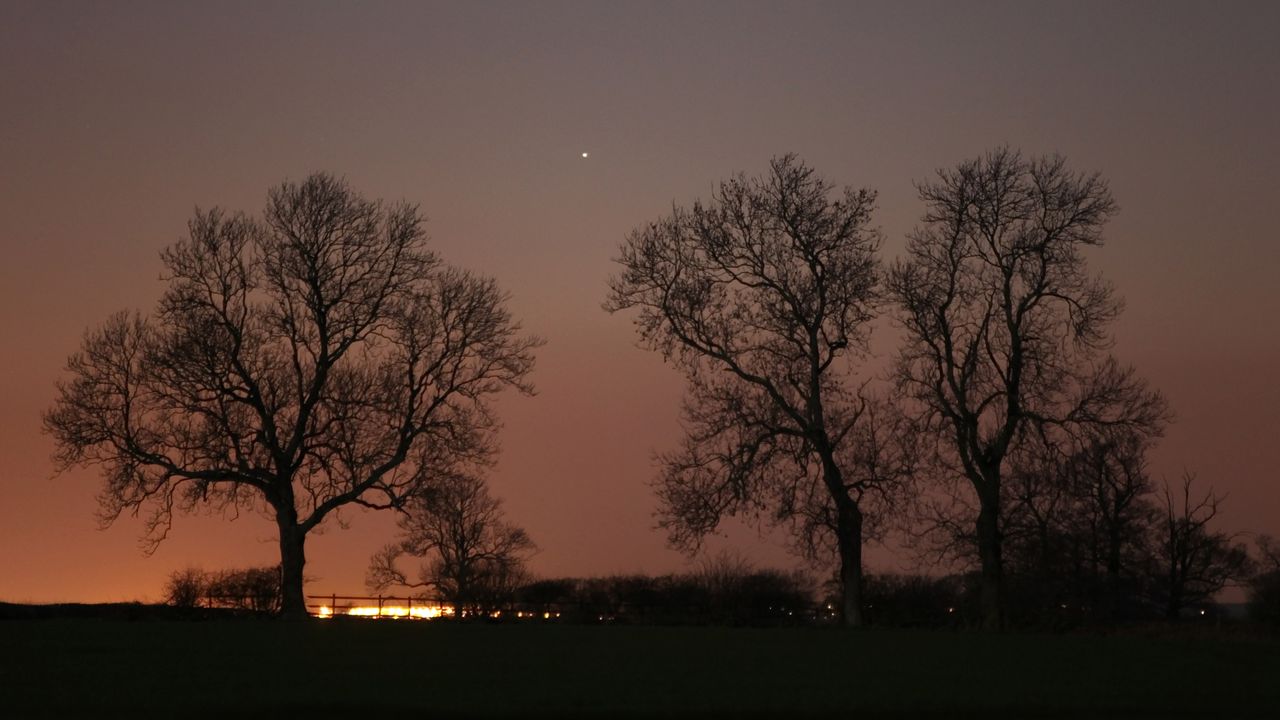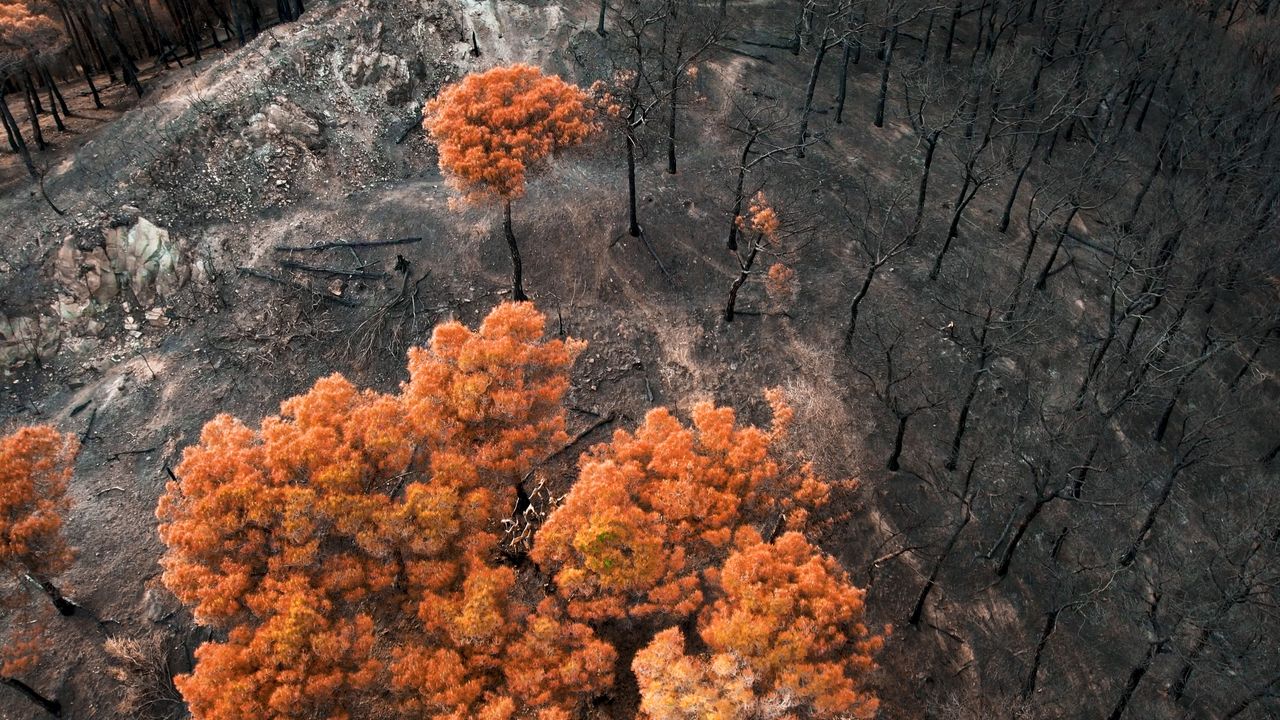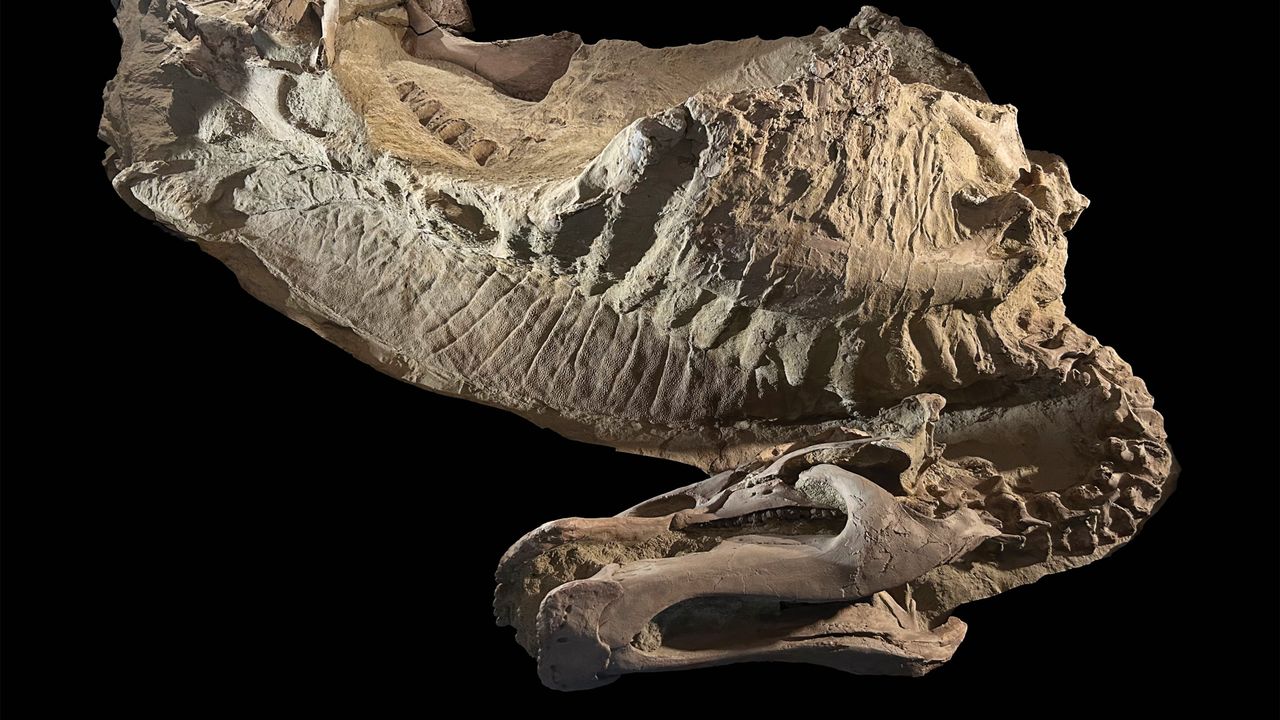Money to Help Nations Cope With Climate Disasters Is Declining, U.N. Says
NegativeScience

The U.N. has reported a concerning decline in financial support for nations grappling with climate disasters. This reduction in funding is critical as it hampers the ability of vulnerable countries to respond effectively to environmental crises, which are becoming increasingly frequent and severe. Without adequate resources, these nations may struggle to implement necessary adaptation and recovery measures, putting millions at risk and undermining global efforts to combat climate change.
— Curated by the World Pulse Now AI Editorial System






